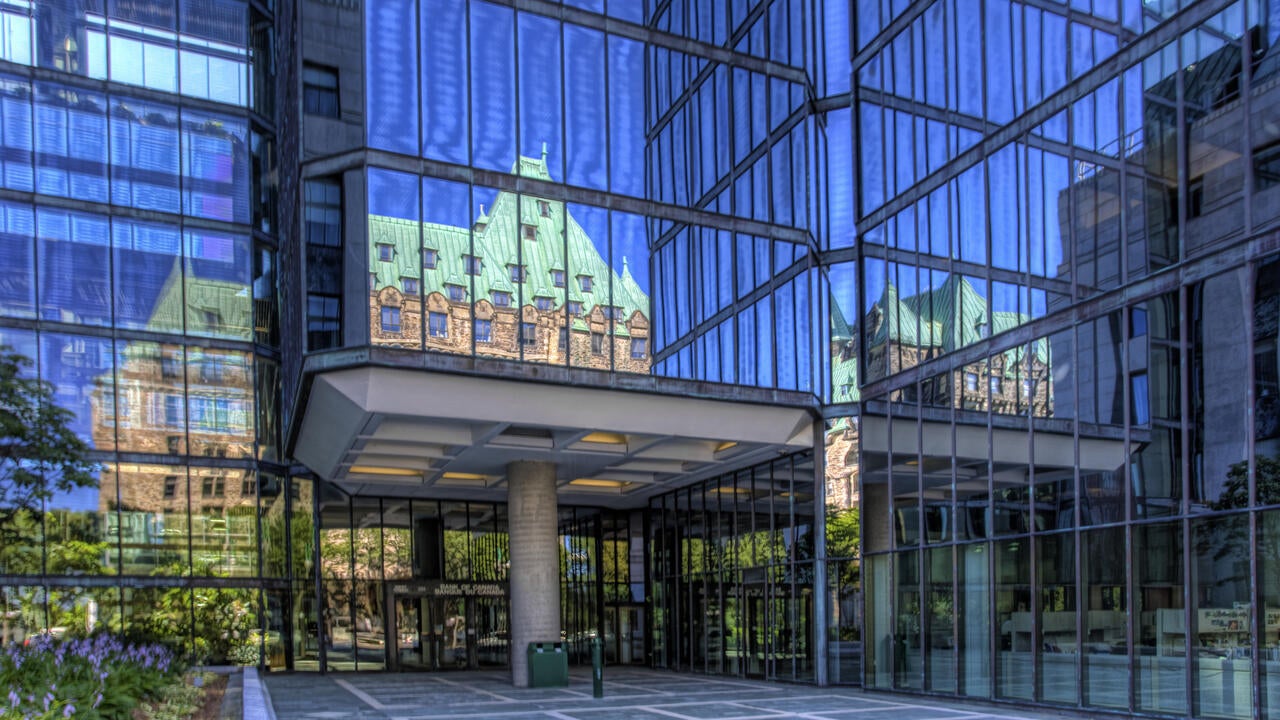
Q and A with the experts: Canada’s rising inflation
Recent events created a perfect storm for inflation

Recent events created a perfect storm for inflation
By Media RelationsInflation in Canada is at the highest rate we've seen in decades. Jean-Paul Lam, a professor in the University of Waterloo's Department of Economics and former assistant chief economist and principal researcher at the Bank of Canada, says recent events created a perfect storm for inflation.
How is inflation measured?
Inflation is measured monthly by Statistics Canada (StatCan). StatCan collects prices from establishments in Canada of goods and services. The Consumer Price Index, or CPI, is a basket of goods and services that is representative of the household expenditure of Canadians. It is divided into eight major components, things like food, shelter, transportation, and clothing. StatCan surveys these establishments monthly and looks at how prices have changed compared to the same period the previous year.
Why has Canada's inflation been rising?
The government responded very quickly and decisively to this enormous shock of COVID by providing Canadians with a lot of cash in Canada Emergency Response Benefit and wage subsidies. These programs were meant to support consumption and investment in the economy. Many governments worldwide implemented those programs to ensure that their economies would not collapse. And that was the right measure to do at the time. So, this increased the spending and purchasing power of Canadians because we had lots of cash, despite the severe economic slowdown. We diverted a lot of this extra cash to the purchase of goods. And what happened at the time was a lot of factories were being shut down, and a lot of workers were unable to go to work. So, the supply of goods suffered tremendously during COVID. Also, now with the Russian invasion of Ukraine, where this has put enormous pressure on the supply of food and energy. So, you had this perfect storm of large increases in demand for goods, but at the same time significant decline in the supply of goods, which resulted in the inflation we are seeing now.
Who's hit hardest when inflation is so high?
Inflation usually hits the lowest-income group the hardest, and that's because they spend a higher proportion of their income on food, shelter, and transportation. And those are the three components right now that are growing at the fastest rate.
How do we get out of this?
I think the central banks around the world, including the Bank of Canada, have done what they should be doing, which is raising interest rates significantly to get inflation down. What these increases in interest rate do is reduce consumption because it makes consumption more expensive. The other way, obviously, we need governments to be prudent in their spending.
How long will this last?
We've learned a lot from the 1970s and the 1980s about how inflation could be managed. Inflation is temporary. It's not going to be the same inflation we've seen in the past. It's going to be painful for the next 12 to 16 months. But eventually, it will go away. Fundamentally, the economy is strong. That might change, but right now, the economy is fairly strong.
Listen to Jean-Paul Lam on the Beyond the Bulletin podcast of the University of Waterloo.

An international team of researchers has proposed ways to train large language models to be wiser and to measure AI wisdom (Getty Images/PhonlamaiPhoto).
Read more
International study suggests ways to train large language models in wise reasoning and measure the wisdom of AI

Read more
To meet our AI ambitions, we’ll need to lean upon Canada’s unique strengths

Read more
New research from the University of Waterloo centres Haudenosaunee-led efforts in the repatriation and reclamation of cultural and intellectual property
The University of Waterloo acknowledges that much of our work takes place on the traditional territory of the Neutral, Anishinaabeg, and Haudenosaunee peoples. Our main campus is situated on the Haldimand Tract, the land granted to the Six Nations that includes six miles on each side of the Grand River. Our active work toward reconciliation takes place across our campuses through research, learning, teaching, and community building, and is co-ordinated within the Office of Indigenous Relations.